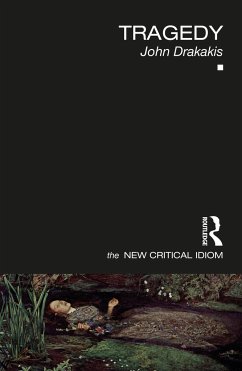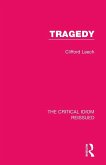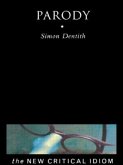Tragedy is one of the oldest and most resilient forms of narrative. Considering texts from ancient Greece to the present day, this comprehensive introduction shows how tragedy has been re-imagined and redefined throughout Western cultural history.
Tragedy offers a concise history of tragedy tracing its evolution through key plays, prose, poetry and philosophical dimensions. John Drakakis examines a wealth of popular plays, including works from the ancient Greeks, Shakespeare, Bertolt Brecht, Sarah Kane and Tom Stoppard. He also considers the rewriting and appropriating of ancient drama though a wide range of authors, such as Chaucer, George Eliot, Ted Hughes and Colm Tóibín. Drakakis also demystifies complex philosophical interpretations of tragedy, including those of Hegel, Kierkegaard, Nietzsche and Benjamin.
This accessible resource is an invaluable guide for anyone studying tragedy in literature or theatre studies.
Tragedy offers a concise history of tragedy tracing its evolution through key plays, prose, poetry and philosophical dimensions. John Drakakis examines a wealth of popular plays, including works from the ancient Greeks, Shakespeare, Bertolt Brecht, Sarah Kane and Tom Stoppard. He also considers the rewriting and appropriating of ancient drama though a wide range of authors, such as Chaucer, George Eliot, Ted Hughes and Colm Tóibín. Drakakis also demystifies complex philosophical interpretations of tragedy, including those of Hegel, Kierkegaard, Nietzsche and Benjamin.
This accessible resource is an invaluable guide for anyone studying tragedy in literature or theatre studies.









